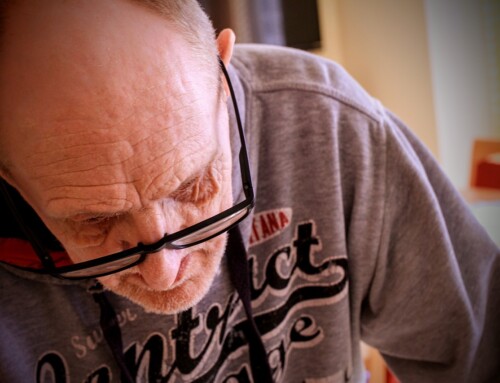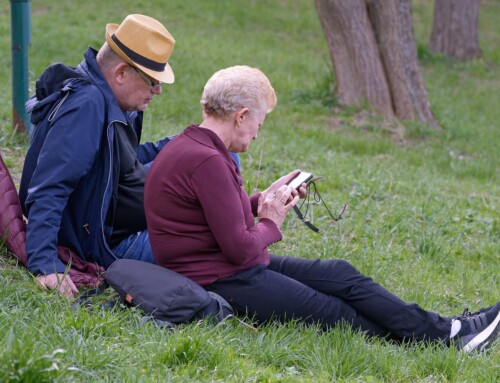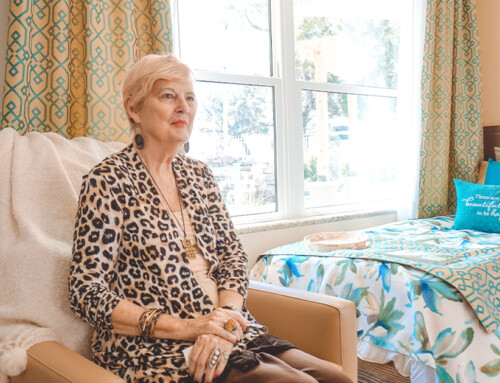There are approximately 40 million adults in this country who are caregivers, either on a full or part-time basis. Those needing care are typically family members who need assistance with activities of daily living. Caregivers often find themselves lonely, depressed and stressed out, with nowhere to turn. In fact, many feel guilty for their negative feelings or thoughts of burnout. Facilitated support groups can provide a non-judgmental forum for caregivers to find understanding and compassion from others who are in similar situations.
Caregivers for the elderly exist in a wide variety of situations, but these scenarios are also similar in many ways. Commonalities include dealing with dementia, Alzheimer’s disease, chronic illness and other age-related deterioration. Caregiving in these situations can be overwhelming, exhausting and isolating. Support groups can provide a lifeline.
Many Types of Support Groups Exist
While support groups may be facilitated by healthcare or mental health professionals, some support groups are simply meet-ups of people in a similar situation. Whichever you choose, the essential goal of a caregiver support group is to provide a safe place for caregivers to voice strong feelings and personal frustrations among those who can provide empathy. A group leader should always moderate interaction and comments to ensure that responses to heartfelt emotion are positive and affirming, and not critical. Members of the group are likely to find understanding and support not typically experienced when sharing with other non-caregiving friends.
Some support groups are noncurricular, and operate based upon member issues of the day rather than an agenda. Many support groups work from a curricular base or textbook, outlining specific topics to be discussed at any given meeting. The right support group for you is likely one which fits your personality – are you more emotive and likely to share, or do you prefer to sit back, listen and absorb knowledge and information? Regardless of format, support groups tend to address the following areas of caregiving struggle:
- Coping with loneliness and depression
- Challenges surrounding role reversal
- Becoming a medical and social advocate
- Preparing oneself for the loved one’s death
- Understanding financial and estate issues
- Navigating sexuality with a spouse or partner
- Understanding respite care options
- Answering inappropriate questions and responses from others
- Coping with a lack of patience, or dealing with anger and frustration
- Asking for, accepting, giving and refusing help
- Assistance with major decisions and choices
- Maintaining one’s own health and well-being
- Managing conflicts with parents/siblings
- Dealing with loss of friendships and other social supports
- Embracing acceptance if the caregiving situation is too much, and the patient should be moved to a professional facility.
Caregiver support groups often become grief support by their very nature. Because you have developed trust and friendship with the group, you may wish to stay rather than joining a grief support group, but that will depend upon the structure of the group. Sometimes, those who have had a long journey with dementia may remain to be a support for new group members who are just now experiencing the disease for the first time.
The most important thing to remember as a caregiver is to take care of yourself. If you find that being a caregiver is taking too heavy a toll on your life and health, there is no shame in finding an alternate solution for your loved one. A Banyan Residence in the Villages offers professional assisted living and memory care residences, with staff dedicated to your loved one’s overall quality of life.








